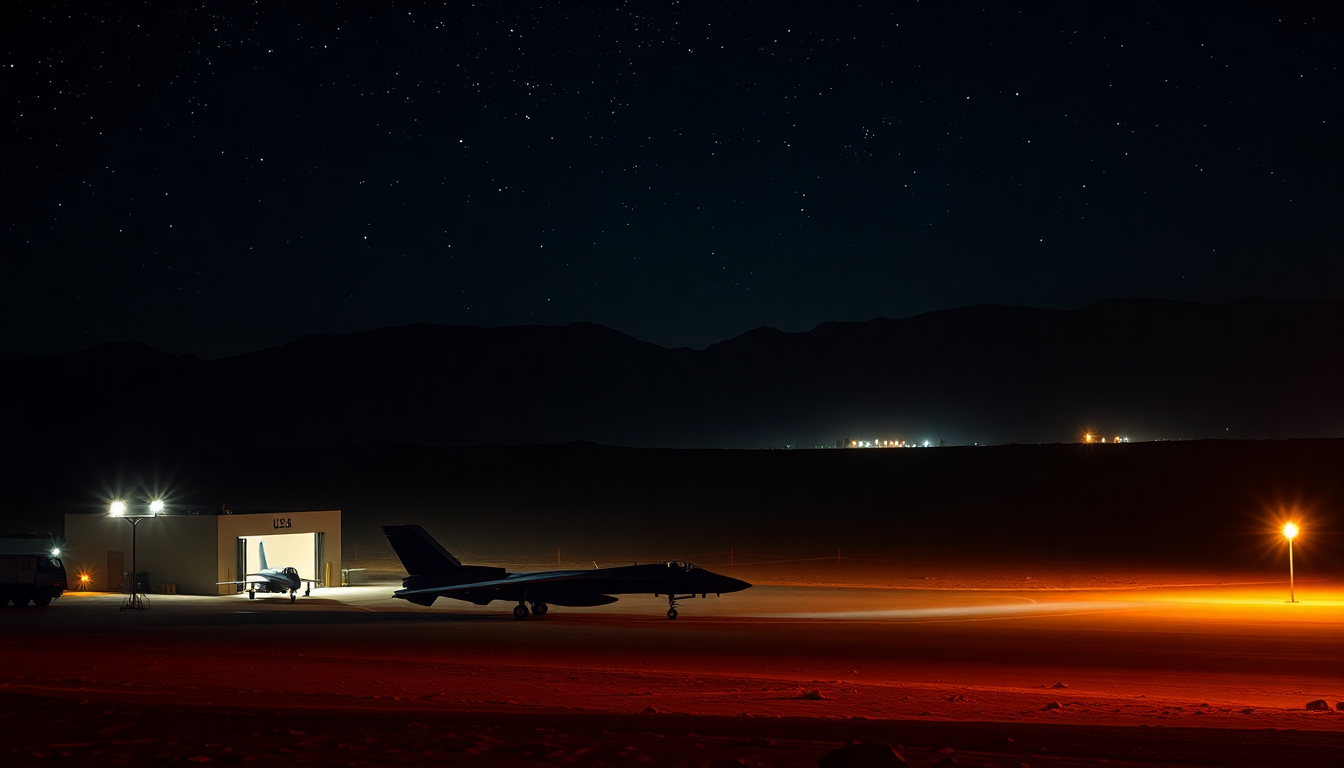Table of Contents
The recent military strikes by the United States and Israel against Iran’s nuclear facilities represent a turning point in Middle Eastern geopolitics. These actions not only boost American credibility but also pose a serious challenge to Iran’s nuclear ambitions. So, what does this mean for the region and the world? Let’s dive into the implications of these significant military operations.
Overview of the Military Operations
Operation Midnight Hammer unfolded over the weekend, involving US B-2 bombers and Tomahawk missiles targeting Iran’s critical nuclear sites: Fordow, Natanz, and Isfahan. Imagine this: B-2 bombers flew a non-stop 37-hour mission from Missouri to deliver a hefty payload of GBU-57 Massive Ordnance Penetrators. This level of military precision speaks volumes about the seriousness with which the US approaches its national security and foreign policy goals.
Former Secretary of State Condoleezza Rice noted the substantial damage inflicted on Iran’s nuclear infrastructure, suggesting that restoring these capabilities will be a tough challenge for the Iranian regime. This military action isn’t just a tactical strike; it’s a strategic move aimed at reinforcing the United States’ credibility on the global stage, especially after the criticisms surrounding the previous administration’s withdrawal from Afghanistan.
Implications for Regional Stability
The fallout from these strikes goes beyond immediate military outcomes; it resonates deeply within the geopolitical landscape of the Middle East. Rice emphasized Iran’s destabilizing activities over the last 46 years, pointing out the ongoing threat posed by Iranian proxies in the region. The military success is seen as a crucial step toward curbing Iran’s aggressive stance, particularly its support for militant groups that target US allies, especially Israel.
Interestingly, these strikes have sparked renewed discussions about diplomatic efforts with Iran. However, Rice remains skeptical about the Iranian regime’s willingness to engage in genuine negotiations, arguing that its legitimacy hinges on hostility toward Israel and Western interests. This complicates the quest for lasting peace and stability in the region, making it necessary to rethink diplomatic strategies as we move forward.
Future Prospects and American Credibility
As things settle after Operation Midnight Hammer, attention turns to the broader implications for American foreign policy. Rice pointed out that these military actions serve as a “shot in the arm” for American credibility—something crucial in a world increasingly questioning US commitments. The effectiveness of these strikes not only enhances the perception of US military capabilities but also sends a clear warning to adversaries about the consequences of pursuing aggressive nuclear ambitions.
In this ever-evolving geopolitical landscape, the United States must continue to assert its influence, shaping international norms and responses to aggressive actions. This dynamic is essential not only for maintaining regional stability but also for reinforcing alliances with nations that share common interests in countering threats from Iran.
In conclusion, the recent military strikes against Iran mark a critical moment in Middle Eastern geopolitics. As the situation continues to evolve, the effectiveness of these operations will be judged not just by immediate tactical successes but also by their long-term impact on regional power dynamics and the pursuit of a stable, secure future. How will this all play out? Only time will tell.


